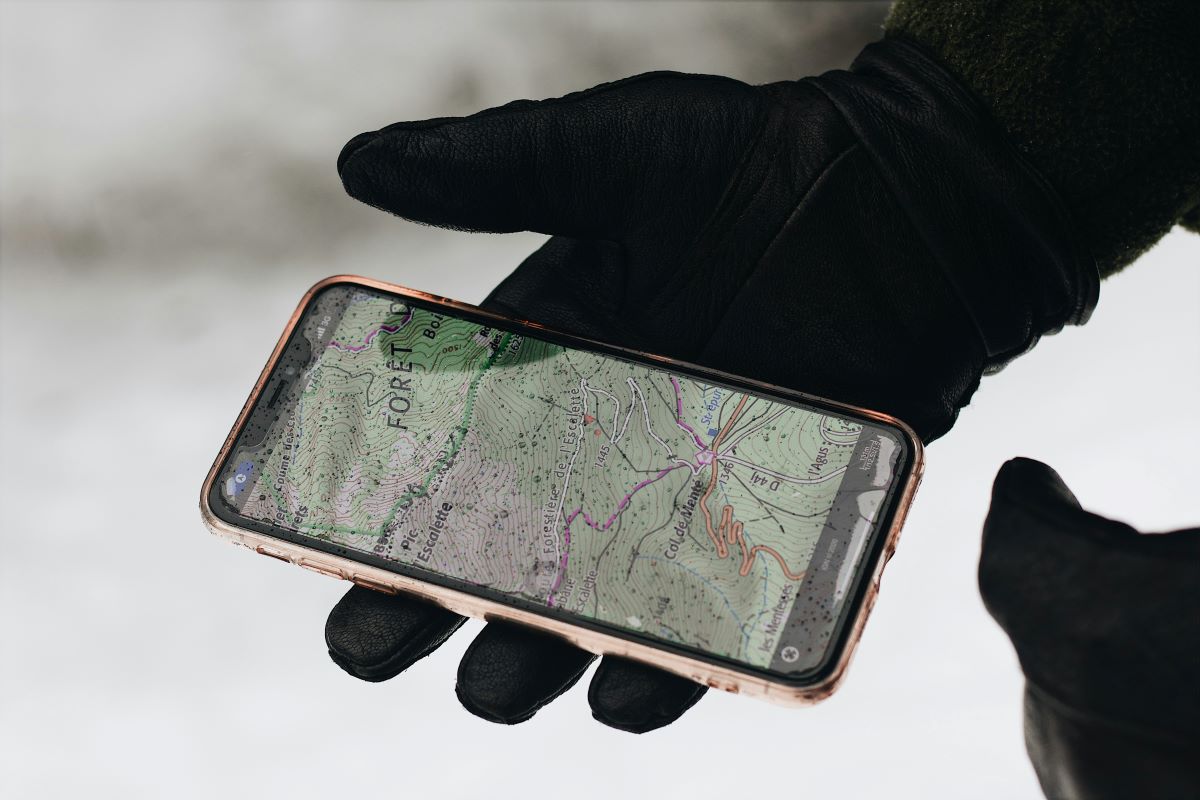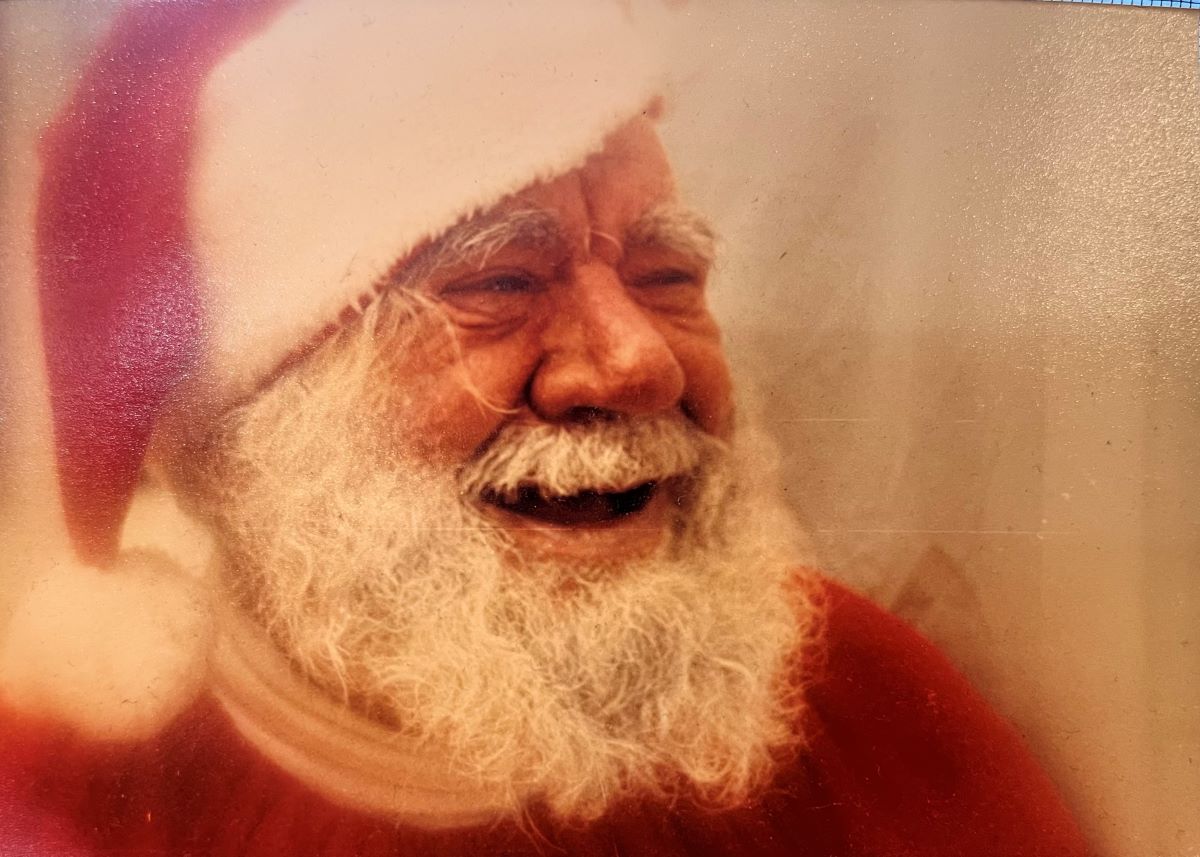
[Flash] How Ron Howard Improves His Movies with Mentoring
|
Actor-turned-director Ron Howard has admittedly been a mentee his whole career.
Ron started acting at age six on The Andy Griffith Show, cementing his fame as Richie Cunningham on Happy Days. While he enjoyed acting, he was noticeably mesmerized by what happened behind the camera. When Ron was 10, actor Howard Morris influenced Ron’s path, saying, “You’ve got the sensibility of a director. I see how you watch the camera and the rehearsals, even when you’re not in the scene. I have a feeling you’re going to be a director someday.” As the years followed, directors Henry Fonda, George Lucas, and Deanne Bradley encouraged Ron to direct and offered him directing opportunities. At age 23, Ron stepped away from acting to direct his first film, Grand Theft Auto. Even though he is officially the leader on the movie set now, Ron continues to invite others to mentor him. “I come to work with a plan, but everyone knows that I’m looking forward to a better idea,” Ron recently shared on The Great Creators podcast. To create this environment, Ron keeps a running dialogue with key collaborators on every project – they know he is discerningly receptive. Welcoming fresh ideas “benefits the movie but also brings out the best in people because they feel liberated.” To reinforce this, Ron relies on this rule: if someone suggests a way to achieve a scene in a movie that is different from the script but achieves the goal, Ron will use that person’s idea. Why? Because while the scene improvement doesn’t matter to the overall outcome of the movie, it matters to the person’s engagement. “They own this idea. They understand it organically, intrinsically, not because I told them to do it.” “It’s exciting when people are working with something they get. And it energizes everything. They feel so involved, and I feel stimulated by it,” Ron reflected. As leaders of projects or teams, we are like directors. We have a vision for our movie and manage the execution of that vision, scene by scene. But creating an environment in which everyone knows you’re looking for better ideas to improve your “movie” takes a mentee mindset. When we stop having all the answers and start looking to others to influence the answers, we ironically evolve from manager to leader. Directing a project doesn’t make us leaders – sparking engagement, energy, and ownership does. © 2025. Ann Tardy and MentorLead. www.mentorlead.com. All Rights Reserved. |







